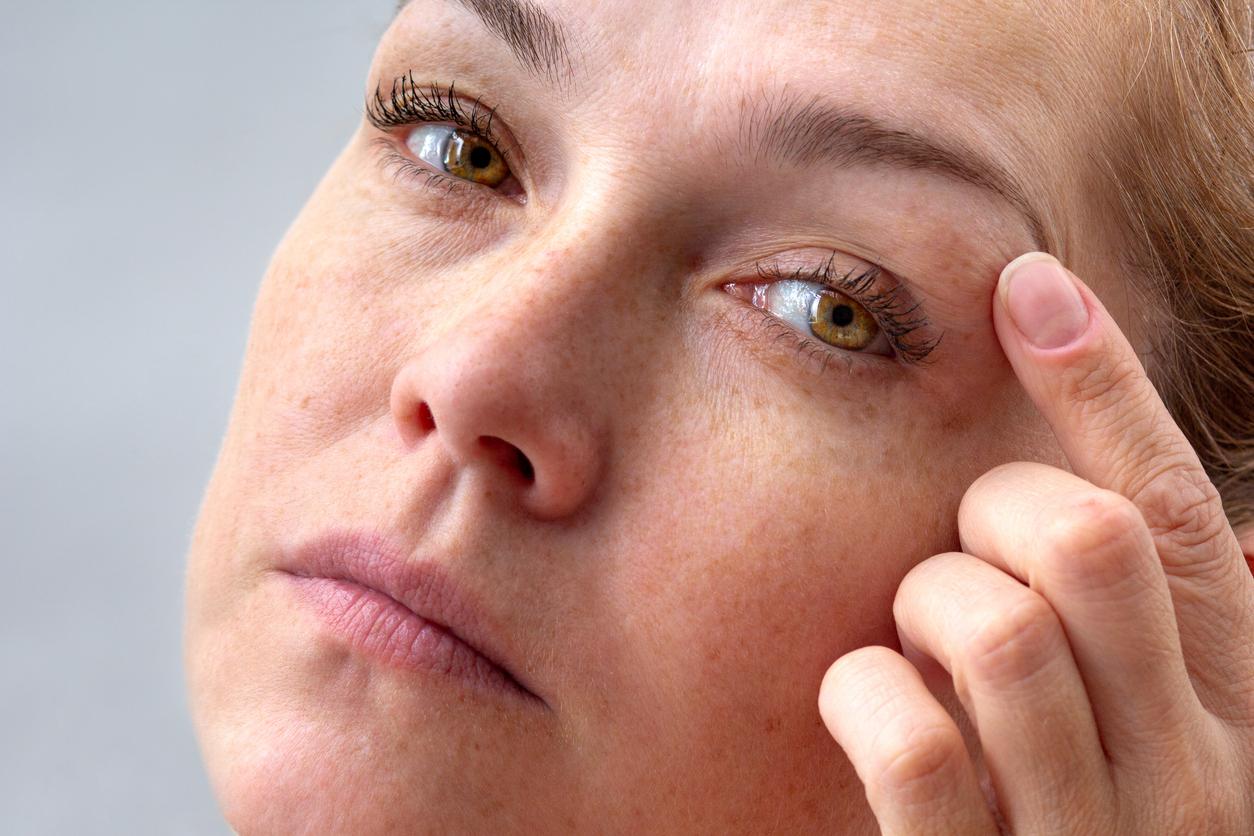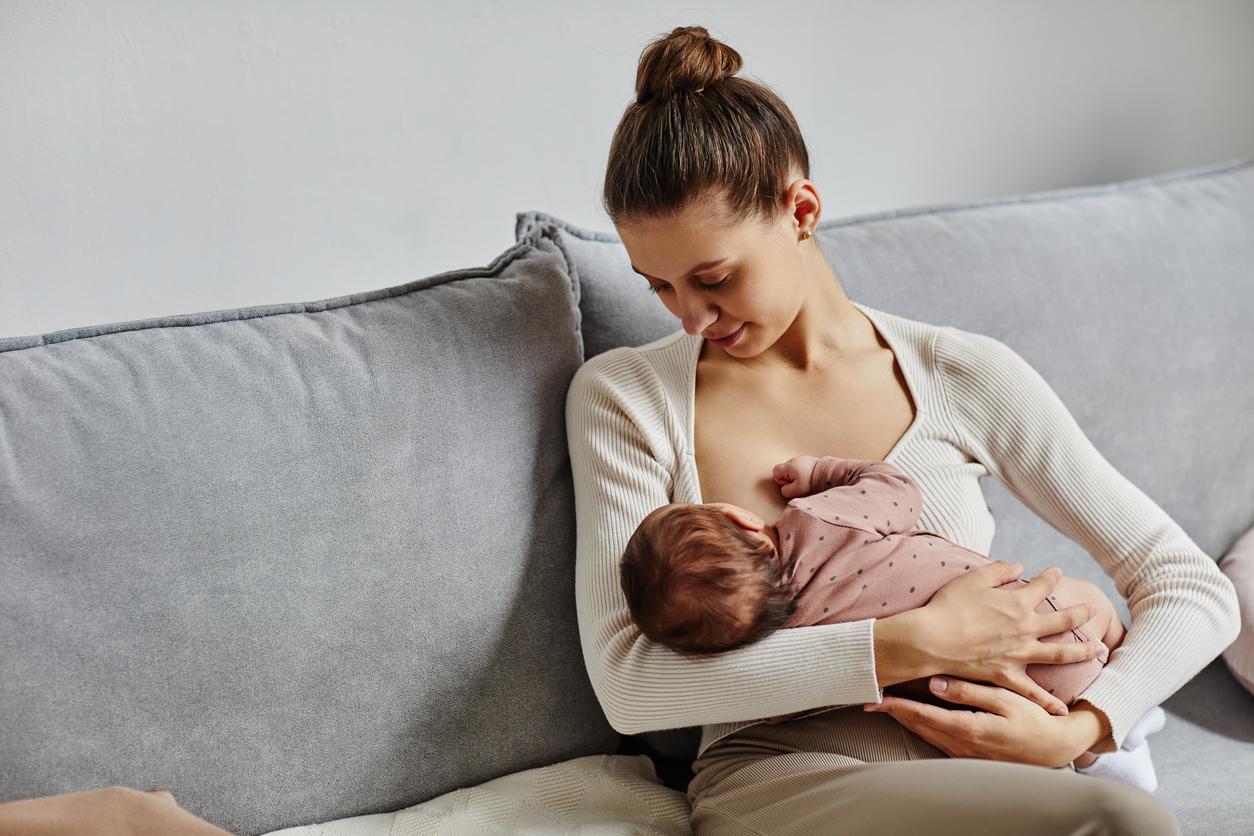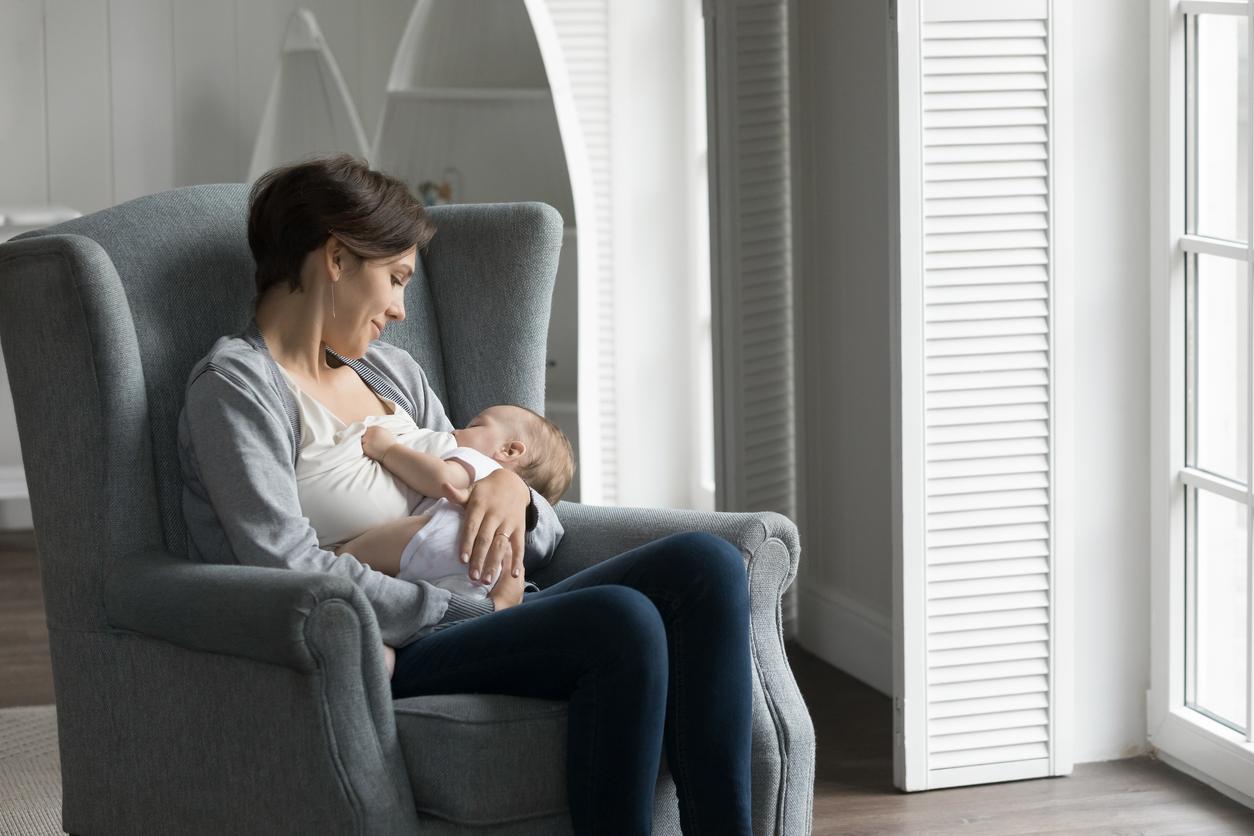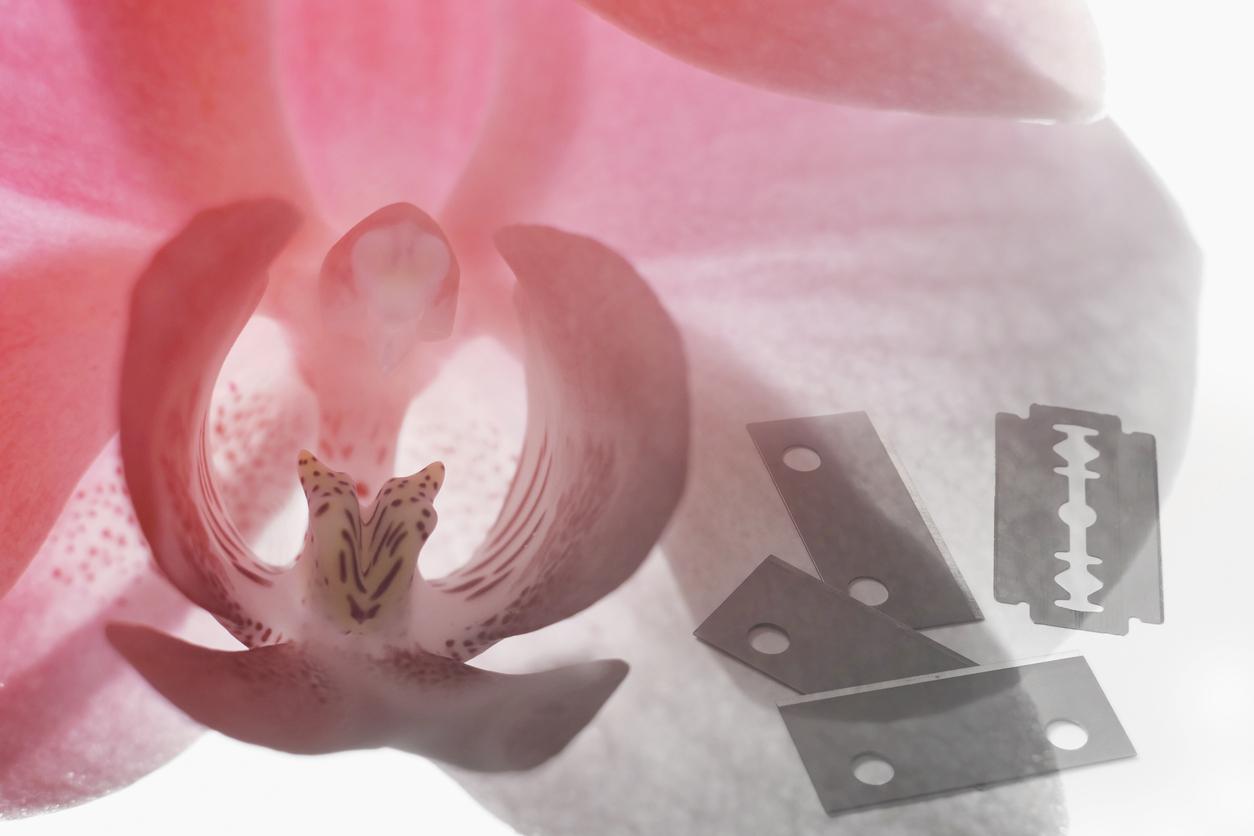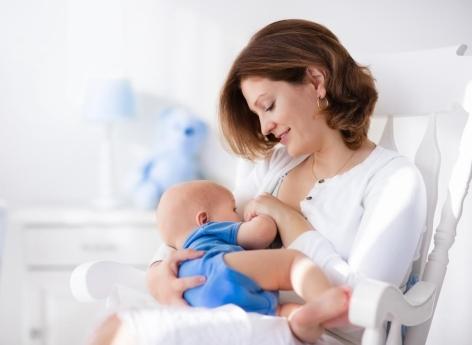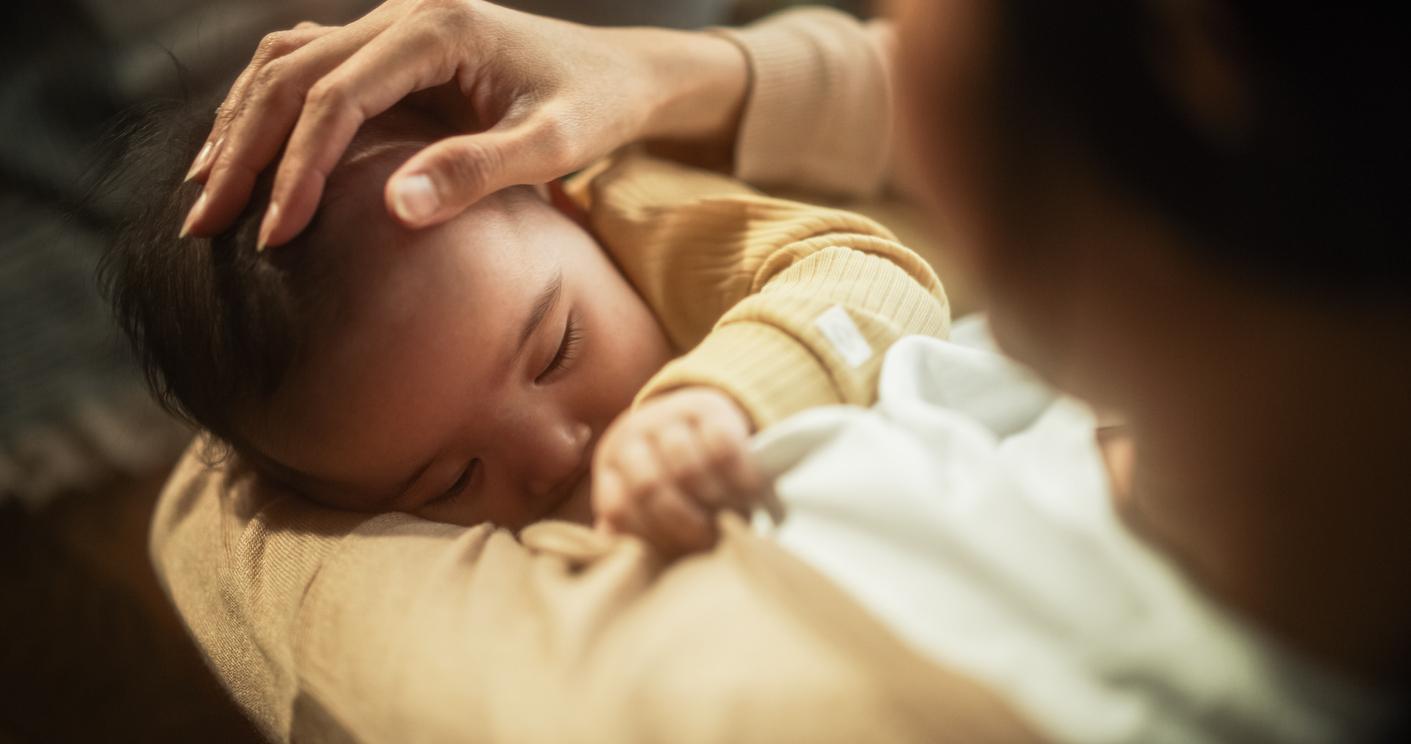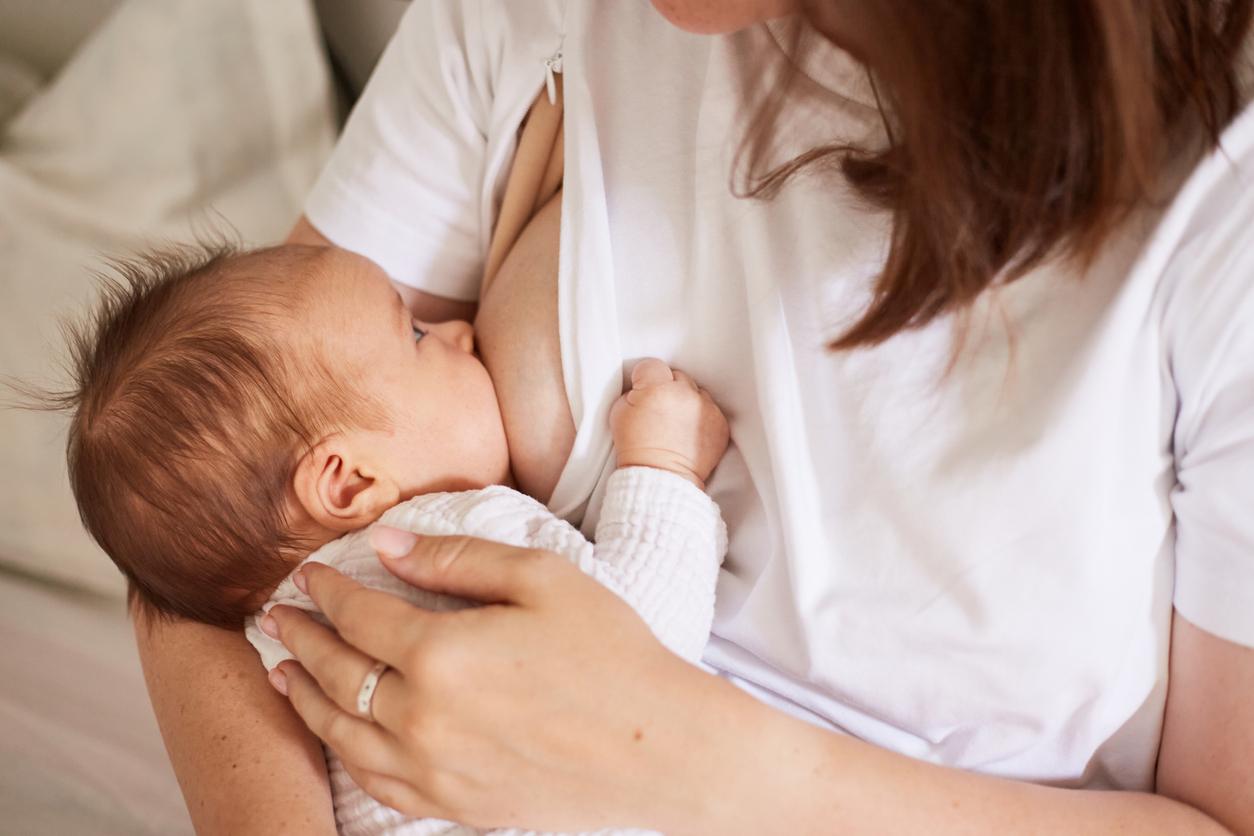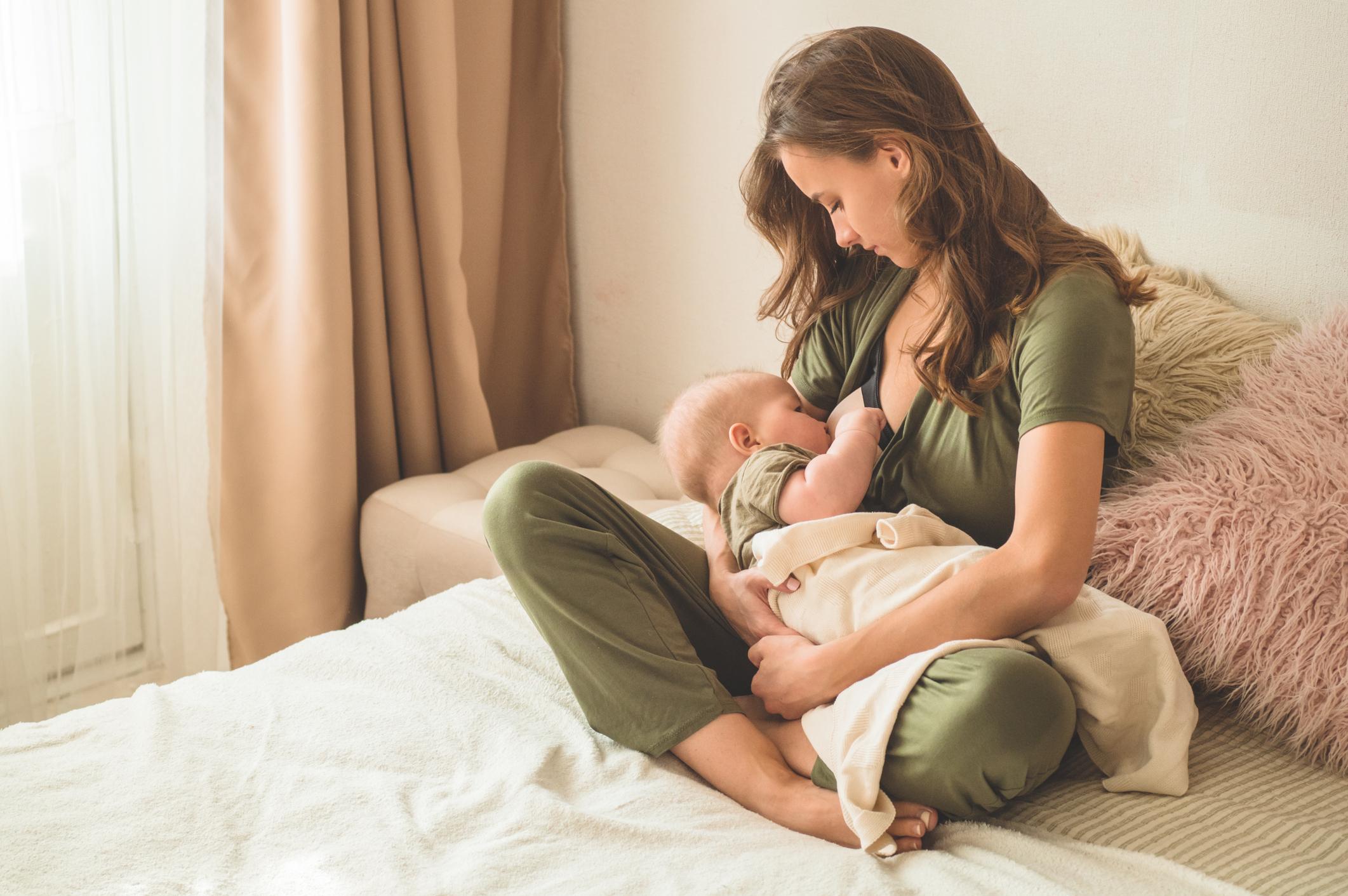UNICEF’s latest breastfeeding campaign ignites social media. Internet users point to inadmissible and guilty arguments for women.
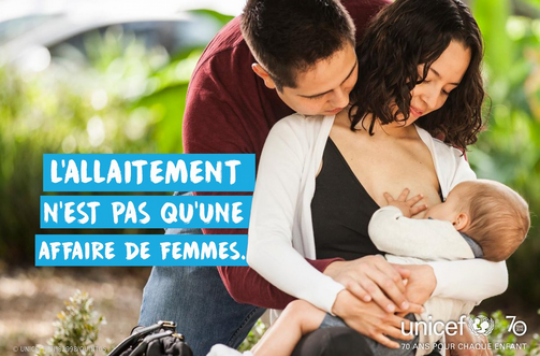
In the middle of breastfeeding week, the UNICEF campaign in favor of this practice goes badly on social networks. The United Nations agency has indeed published several messages on its twitter account urging women to breastfeed their children. But the arguments put forward make a lot of Internet users cringe.
Pseudo-scientific arguments
According to UNICEF, breastfeeding would boost a child’s health, but also his IQ (Intellectual Quotient), his school performance and his income as an adult! While breast milk is known to contain antibodies that help the baby’s immune system develop, the link is much less certain for the other benefits advanced. “Breastfed babies have an average IQ 3 to 4 points higher than babies fed otherwise. This was the subject of a study published in the Lancet, a benchmark scientific publication ”, explains France Bégin, nutrition advisor at UNICEF, contacted by Why actor. An assertion that is far from achieving consensus in the scientific community.
The article in question was published in March 2015 in the Lancet Global Health, a sub-publication of the Lancet. The authors remain cautious and speak of “links” between breastfeeding and the development of intelligence “to be confirmed”. The difference observed between children is real, but itself is questionable. A difference of a few IQ points is in fact not considered significant. In addition, the other variables (school performance and income in adulthood) seem to result from this increase in IQ. Again, the shortcut is a bit quick. The followers of social networks make a mockery of these assertions. They liken breastfeeding to a superhero that would solve all of humanity’s problems, from global warming to paying taxes.
Breastfeeding also reduces the hole in the ozone layer, stops tsunamis and makes people pay less taxes https://t.co/eMYXj869v9
– Sand (@SandG_) Aug 2, 2016
Breastfeeding also does your shopping, fights global warming and has a superhero double-life. https://t.co/WXINjfiJNP
– Abby Syclette (@AbbySyclette) Aug 1, 2016
A campaign deemed contrary to women’s rights
Internet users are also protesting against the guilty aspect of the messages carried by UNICEF. A woman who is unwilling or unable to breastfeed her child should therefore not complain that the child is not growing well, is not in school or is stuck in poverty. A too important responsibility on the shoulders of the mothers and which would not facilitate the choice of the women. This sense of injunction is reinforced by the slogan “breastfeeding is not just a woman’s business”, which appears in many messages. Women see it as a dispossession of their body, and claim the right to dispose of their breasts as they see fit. The wording of the sentence, admittedly awkward, would, according to them, encourage men to intervene in their wives’ decision, or even put pressure on them.
for a choice as intimate as breastfeeding – or not – it would therefore be necessary to ask the husband for his opinion? LOL, NOPE. My titties, MY opinion
– MotherFeminist (@MereFeministe) Aug 2, 2016
Asked about this, France Bégin corrects: “We want to emphasize the need for support from women in their decision. The medical staff, the family, and even the employer can be brakes and encourage women to resign themselves ”. She adds that “every woman must be able to choose freely to breastfeed her child, for her own health and that of her newborn”.
But again, the message does not get through. Some women accuse UNICEF of mixing the health issues of rich countries with those of developing countries. Admittedly, infant mortality is still high in many southern countries, and breastfeeding greatly reduces it. But the stake is not the same for a woman who gives birth in a developed country, where the water is drinkable, the formula of good quality, and the system of effective care. The arguments of the UN agency are thus qualified as “dishonest”.
Breast milk, a vaccine?
Less blatant, but perhaps more dangerous, another UNICEF slogan: “Breast milk is a baby’s first vaccine.” In a context of mistrust vis-à-vis vaccines, this confusing speech, to say the least, could encourage some parents not to have their child vaccinated, thinking that he is protected by his mother’s milk. France Bégin speaks of an “initial vaccine, which of course does not replace the other vaccines offered in the first months of the baby’s life”.
The important thing, it seems, is therefore to remember that breast milk has incomparable properties for babies, but that safe alternatives exist – at least in developed countries – so that this gesture remains above all a choice of mothers.
.




